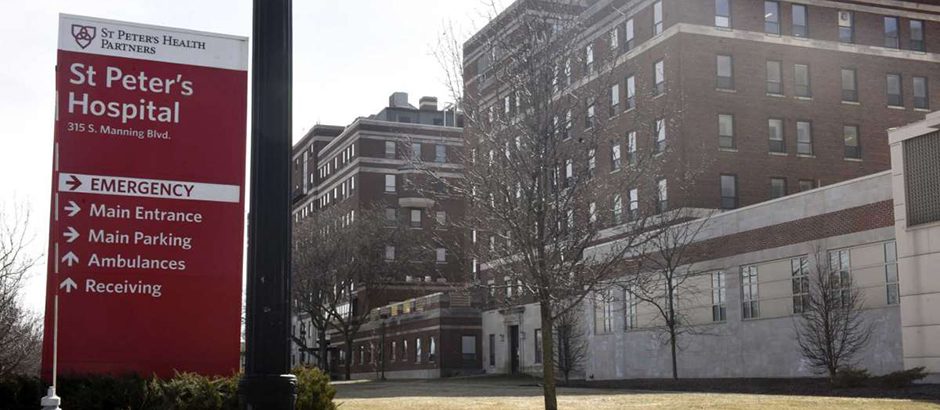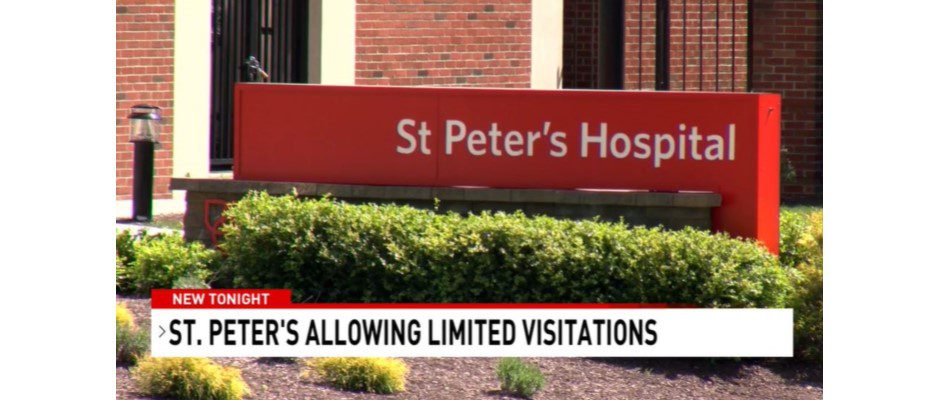
[This article was written by Ryan Melone, MHC, therapist/prevention educator, the Sexual Assault and Crime Victims Assistance Program with St. Peter’s Health Partners.]
In the time of the COVID-19 crisis, a cardinal rule of safety has been to stay home. For millions of people worldwide, however, home is not the safe haven that they desire.
During the pandemic, incidents of intimate partner violence, commonly called domestic violence (DV), have surged across the world. According to the New York Times, law enforcement in countries such as China, Singapore, France, Italy, Spain, and England have all seen a sharp rise in DV reports, with some increasing as much as 30 percent.
Likewise, CNN reports that in the United States, DV shelters and other support organizations have seen a similar increase. NYC Hope, an online DV resource, reports that website traffic has risen from 45 visits per day to 115 per day. Considering that only a fraction of DV incidents are reported to police or other organizations, these numbers likely reflect a much more widespread problem.
This increase may be linked to several aspects of the COVID-19 pandemic. Uncertainty about exposure to the virus, financial stress, and unemployment are common concerns. Research shows that abuse tends to escalate during times of acute stress, so these underlying fears may lead abusers to lash out at their partners.
Shelter-in-place orders have also led to increased isolation from support networks and resources. According to Dr. Marianne Hester of Bristol University, this increased isolation empowers abusers to exert more control over who survivors talk to and where survivors go.
Isolation is only one tactic that abusers may employ during the pandemic. The National Domestic Violence Hotline shared with CNN that survivors have experienced escalating physical abuse (punching, slapping, beating with an object) as well as new forms of psychological abuse, such as coughing on partners to cause fear of infection. Abusers may try to control what supplies a survivor can buy, threaten to infect a survivor’s loved ones, or blame the survivor if a loved one becomes infected. Furthermore, abusers may insist that because of the risk of COVID-19 and the resulting lockdown, the survivor has nowhere to go for help.
Fortunately, if you or someone you care about is in need of support, there is still help available. The St. Peter’s Health Partners Sexual Assault and Crime Victims Assistance Program offers free and confidential services to survivors of intimate partner violence and their families. Available services include short-term counseling, trauma therapy, medical and legal advocacy, and support groups.
For more information about our services, please call 518-271-3410 or visit our website at www.sphp.com/sexual-assault. If you or someone you know has been the victim of a crime and needs to speak with someone immediately, you can contact our 24-hour hotline at 518-271-3257.
Additional Resources
Unity House Domestic Violence Hotline: 518-272-2370Equinox Domestic Violence Hotline: 518-432-7865
National Domestic Violence Hotline: 1-800-799-7233





